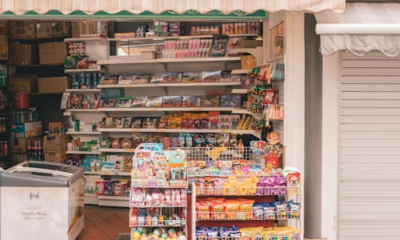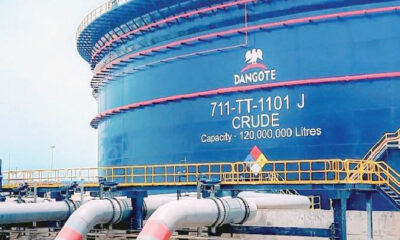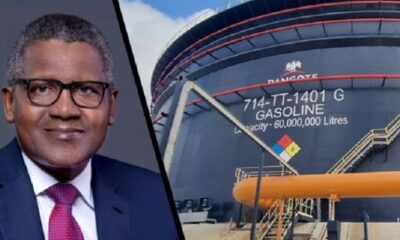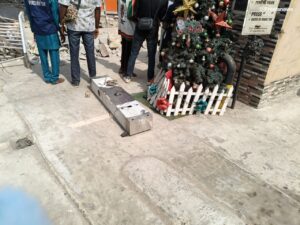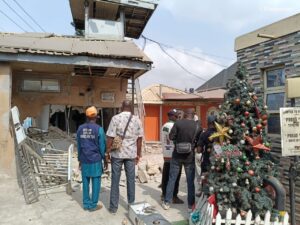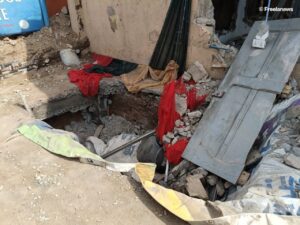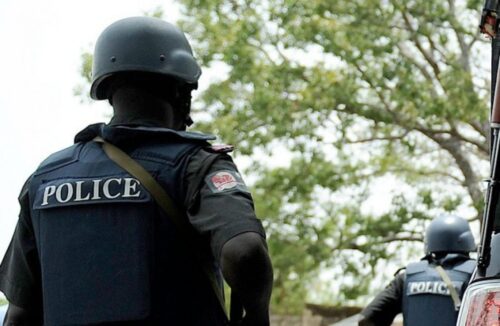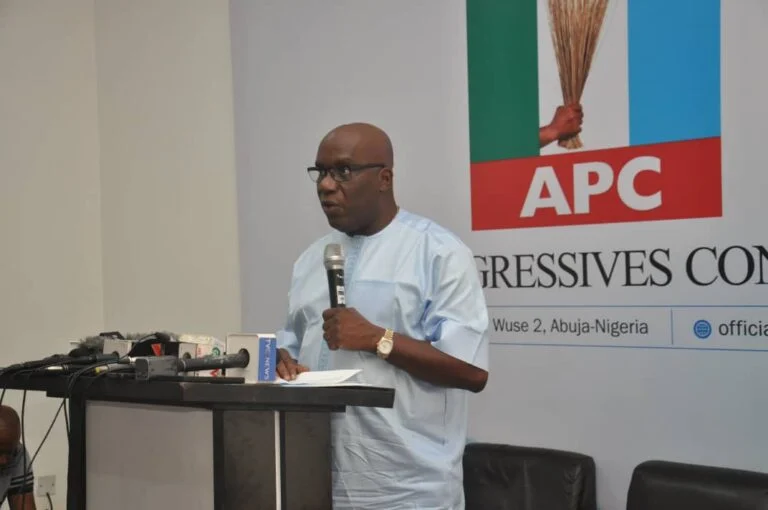The All Progressives Congress (APC) has described Peter Obi’s New Year message as “misleading and an attempt to score cheap political points.”
Obi, who was the presidential candidate of the Labour Party in the 2023 elections, used his New Year message to criticize President Bola Tinubu, expressing grave concerns over institutional corruption, mismanagement, poverty, hardship, and an escalating debt profile.
The former governor of Anambra stated that corruption has been deeply entrenched in government and nepotism has become the norm under Tinubu’s leadership.
He also demanded “vigorous, positive actions” from the administration to bring succour to Nigerians.
However, in a counter-statement on Thursday, Felix Morka, APC spokesperson, stated that Obi’s assessment contradicted all indicators showing that the nation’s economy is rebounding across various sectors.
Morka accused Obi and members of the main opposition Peoples Democratic Party (PDP) of relentlessly trying to incite public outrage against the Tinubu administration.
The APC further accused Obi of portraying himself as “a leading doomsayer, omniscient and philosopher’s stone” while failing to deliver “meaningful achievements during his eight-year tenure as governor in Anambra state.”
“In reality, 18 months later, the economy, under President Bola Ahmed Tinubu’s administration has shown a steady record of progress,” the statement reads.
“Despite these and other initial beneficial outcomes of ongoing reforms, the administration is doubling its effort to ensure their fullest benefits for the transformation of our country.
“It is a thing of irony that Obi, who now arrogates to himself to be omniscient and philosopher’s stone, when it comes to our nation’s challenges, left no record of significant achievement, let alone transformation of any kind, in his eight-year tenure as Governor of Anambra State.”
“Like his co-travellers in the PDP, Obi’s obsessive pessimism and endless but futile effort to incite public outrage against the administration is borne out of the realization that Tinubu is unwittingly cementing their political irrelevance by his visionary and full-throttle reform.”
“Under the banner of the Renewed Hope Agenda, President Tinubu is dutifully turning our nation’s fortunes around. We urge Nigerians to remain confident of better days ahead.”
The ruling party added that Tinubu’s goal is to reduce inflation from 34 percent to 15 percent in 2025.
“With the vigour in the administration’s war on corruption, evidenced by ongoing investigations and trial of well-heeled Nigerians, Obi’s pontification on the urgent need to tame corruption is a clear case of carrying coal to Newcastle,” the party added.

 BIG STORY3 days ago
BIG STORY3 days ago
 BIG STORY4 days ago
BIG STORY4 days ago
 BIG STORY4 days ago
BIG STORY4 days ago
 BIG STORY4 days ago
BIG STORY4 days ago
 BIG STORY2 days ago
BIG STORY2 days ago
 BIG STORY3 days ago
BIG STORY3 days ago
 BIG STORY3 days ago
BIG STORY3 days ago
 BIG STORY2 days ago
BIG STORY2 days ago











